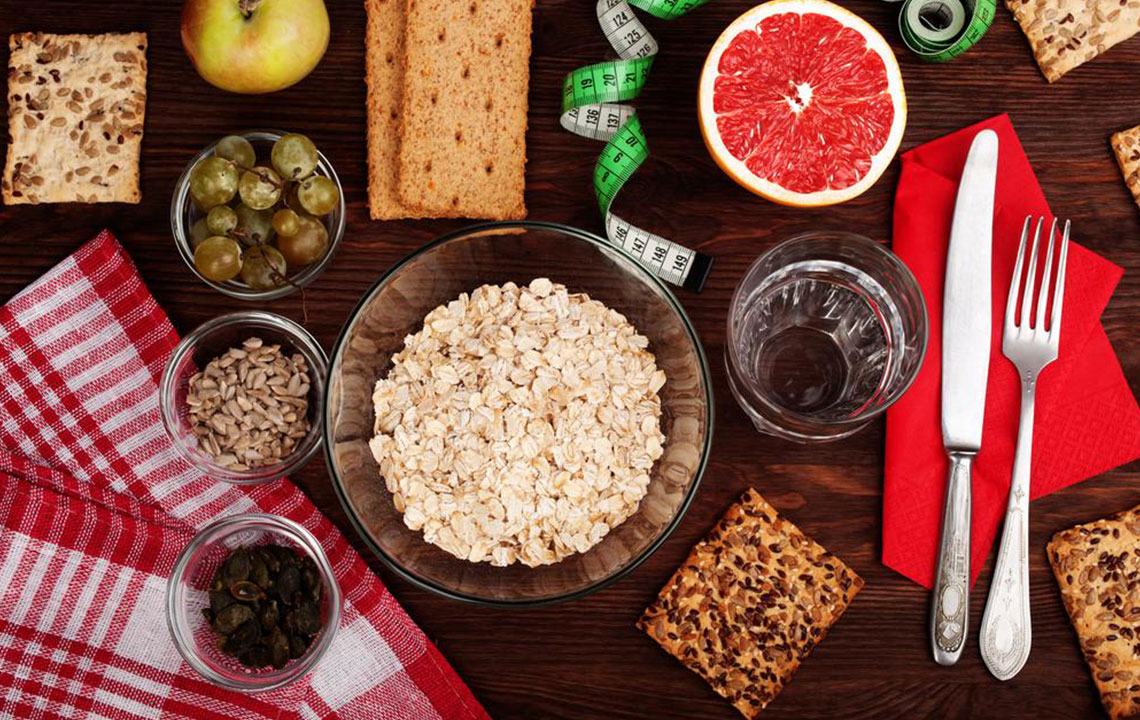Comprehensive Guide to Managing Diabetes with Meal Plans
This comprehensive guide highlights essential foods and meal planning tips for managing diabetes effectively. It emphasizes the importance of balanced nutrition, including vegetables, fruits, nuts, and whole grains, with practical recipe ideas. Proper diet and lifestyle are crucial for preventing and controlling diabetes, reducing associated health risks, and promoting overall well-being. Consult healthcare providers for personalized advice to tailor plans to individual needs and maintain optimal health.

Comprehensive Guide to Managing Diabetes with Meal Plans
Proper nutrition plays a crucial role in managing various health conditions, including diabetes. While genetics may influence susceptibility, lifestyle choices significantly impact disease development. With a balanced diet and healthy habits, individuals can lower their risk or control existing diabetes. Although there’s no cure, effective management through specific meal plans is vital to maintain health and prevent complications.
Here are key foods to incorporate into a diabetic-friendly diet:
Non-starchy vegetables like asparagus, broccoli, and beetroot are low in carbohydrates and recommended for diabetics.
Ensure adequate sun exposure and include dairy products to boost Vitamin D, essential for bone health in diabetics.
Fresh or cooked tomatoes are beneficial, contributing to cancer and heart disease risk reduction.
Blueberries and other berries are rich in antioxidants, lowering the risk of heart issues and cancer.
Oranges and citrus fruits provide antioxidants and can decrease the chance of developing diabetes.
Foods rich in Omega-3s like salmon, mackerel, sardines, and cod-liver oil support heart health. Consult a healthcare professional before supplementing.
Nuts such as walnuts, flaxseeds, and almonds offer magnesium, fiber, and Omega-3s, promoting cardiovascular health.
Legumes like beans are high in fiber and proteins, and help regulate blood sugar levels while reducing heart disease risks.
Leafy greens are superfoods that prevent chronic illnesses, rich in vitamins A and K, and should be part of daily diets.
Whole grains like barley and lentils contain antioxidants and fibers that aid metabolism and lessen diabetes risk.
When planning diabetic meals, calorie counting and personalized advice from healthcare providers are essential. Here are nutritious recipes suited for diabetics:
Salmon with rice, squash, and tropical fruits
A balanced dish combining protein, carbs, and vitamins in various healthy preparations.
Spinach, quinoa, chicken, and peaches
An offering of fiber-rich ingredients for flavor and nourishment, with adaptable vegetable options.
Vegetable soups
Light yet nutrient-dense, starting any meal with a hearty vegetable soup is beneficial.
Vegetarian days
Incorporate plant-based proteins to give your digestive system a rest while boosting nutrient intake.
Maintaining a balanced diet is crucial for everyone. Proper eating habits and lifestyle choices are the foundation of overall health, especially in managing or preventing diabetes and related complications.










